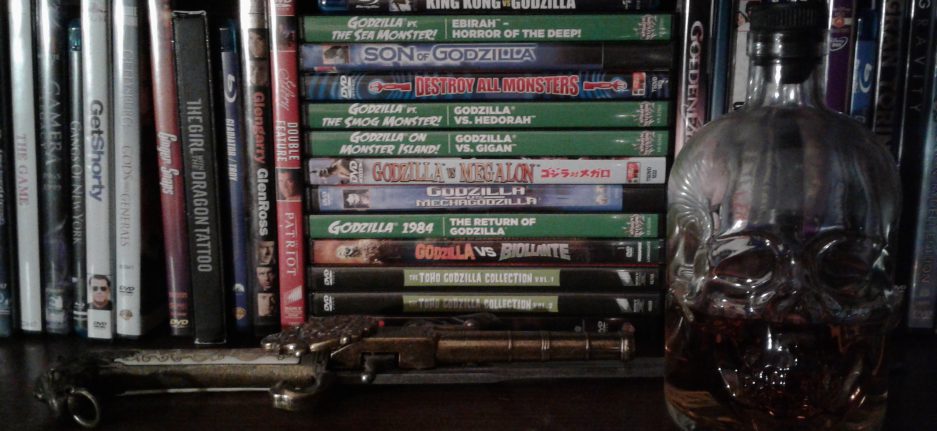Alright, so I already altered it, but I do believe that this film was one of the remnants of the original list of Miss Cleo’s Picks. Failing that, it’s still one of the longest-standing on the list. Sue me, others got in the way, and its Amazon Prime availability fluctuated, precluding any amount of long-ish-term planning. But, hey, it’s getting its due now, ain’t it?

Ondine tells the story of Irish fisherman Syracuse who, one day whilst plying his trade, pulls up a young woman in his net. Differently accented, this woman is unwilling to be seen by other people, opting to, for lack of a better word, convalesce with Syracuse in secret. Now our boy Syracuse here is a recovering alcoholic and a divorced father who has shared custody with his rather wagon-averse ex. While visiting with his daughter, who is currently suffering from renal failure, he tells her his tale, framed as a fairy tale of sorts. From the description given, his daughter proclaims the mysterious woman to be a selkie, a mythological creature from Celtic folklore not too dissimilar from a mermaid. As she persists with her cryptic behavior and seems to bring good fortune to the family (apparently enlarging Syracuse’s hauls and helps the fractured family come together in some manner — more on that in a moment), even Syracuse begins to at least partially believe this theory. But not all is so sunny, as Syracuse’s ex-wife dislikes the now-named Ondine (from the French word for “wave” and the name of bygone mythological water elementals), and she even goes so far as to drive her home while inebriated, leading to an all-too-foreseen accident, which kills her Scottish boyfriend and lands her daughter in the hospital. It’s all too much stress for Syracuse, who falls off the wagon himself and turns on Ondine. But the bond they’ve developed for each other is too strong, and her secret is finally revealed, explaining the enigmatic man who’s been following her up to this point.
Writer/director Neil Jordan (you may remember him from his work on The Brave One, Byzantium, Interview with the Vampire, and The Crying Game) is in top form here, blending starkly beautiful photography (provided by acclaimed cinematographer Christopher Doyle, who made Hero look so damn sumptuous) and an almost breezy take on a darkly emotional atmosphere to create a nearly poetic film. Despite the hints to the contrary, I almost started to believe that Ondine had mythological origins.
Colin Farrell does very well here, and I’m glad he’s finally able to keep his damn accent, as he’s certainly better whenever it’s there with him. Alicja Bachleda is similarly strong, her own accent keeping me off my toes the whole film (she’s a Polish actress who was born in Mexico and did some studying in the US), allowing the final reveal to make all the more sense. The two worked very well together, which may also explain why they dated for a year or so after meeting on set. Even young Alison Barry, who played Syracuse’s daughter Annie, avoids the usual child-actor situation of becoming saccharine or obnoxious. It’s strange to me she has done very little acting since.
What stood out to me was the theme of redemption and self-forgiveness therewithin. Throughout, Syracuse speaks with his priest (Jordan regular Stephen Rea), who tries to keep him sober and light. When he comes across an inebriated Syracuse, he gives him the best line in the film: “Misery’s easy: happiness you have to work at.” As a depressive, I can attest that this is indeed the case, and something you may occasionally need to be reminded of every now and again. Ondine’s arc of redemption mirrors that of Syracuse, even if the circumstances are harshly different.
In the end, Ondine is a lovely film, one that brings an uplifting message without watering down the delivery or coming across as preachy. It’s definitely worth a go if it sounds interesting or if you need an injection of the Emerald Isle.
